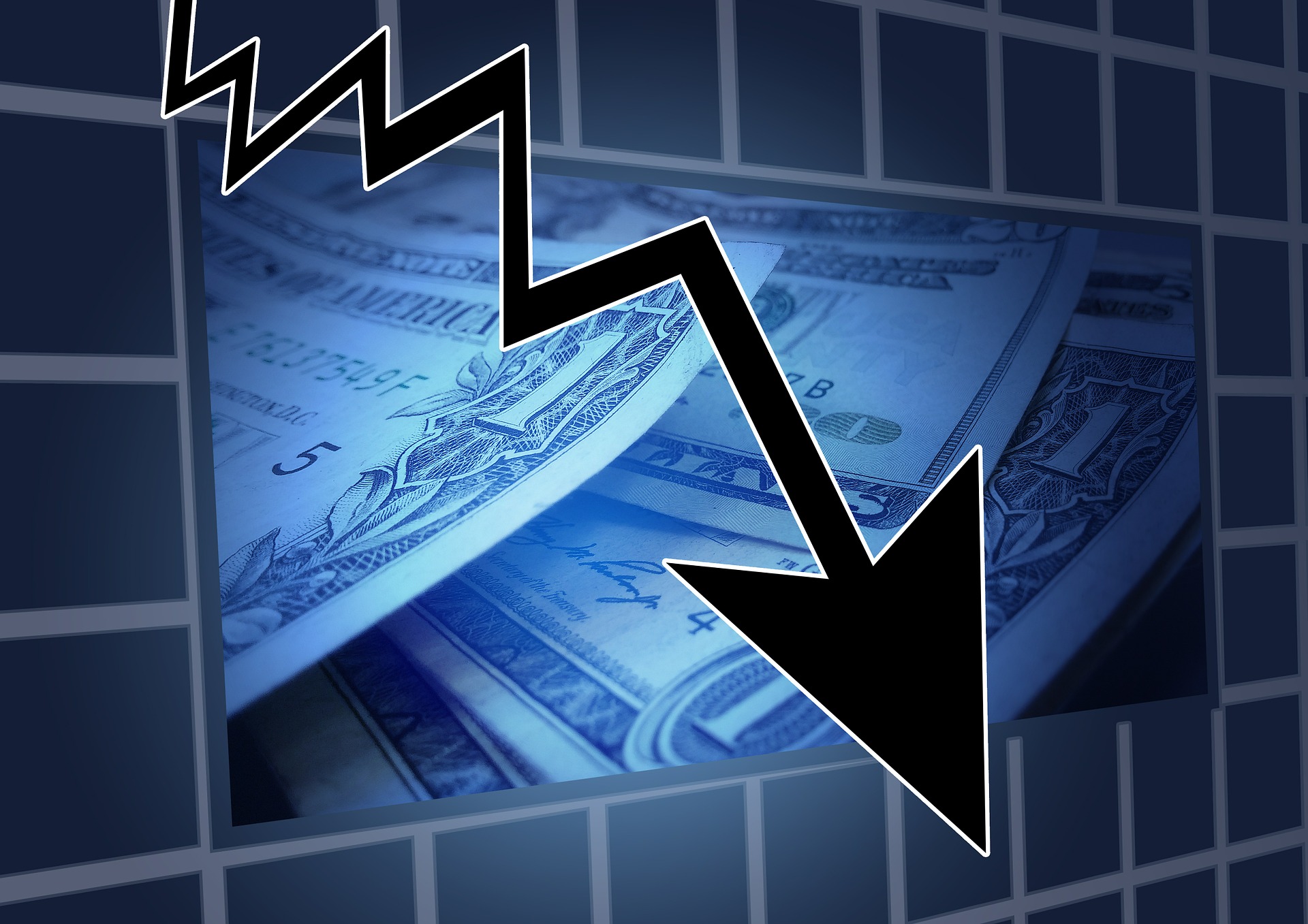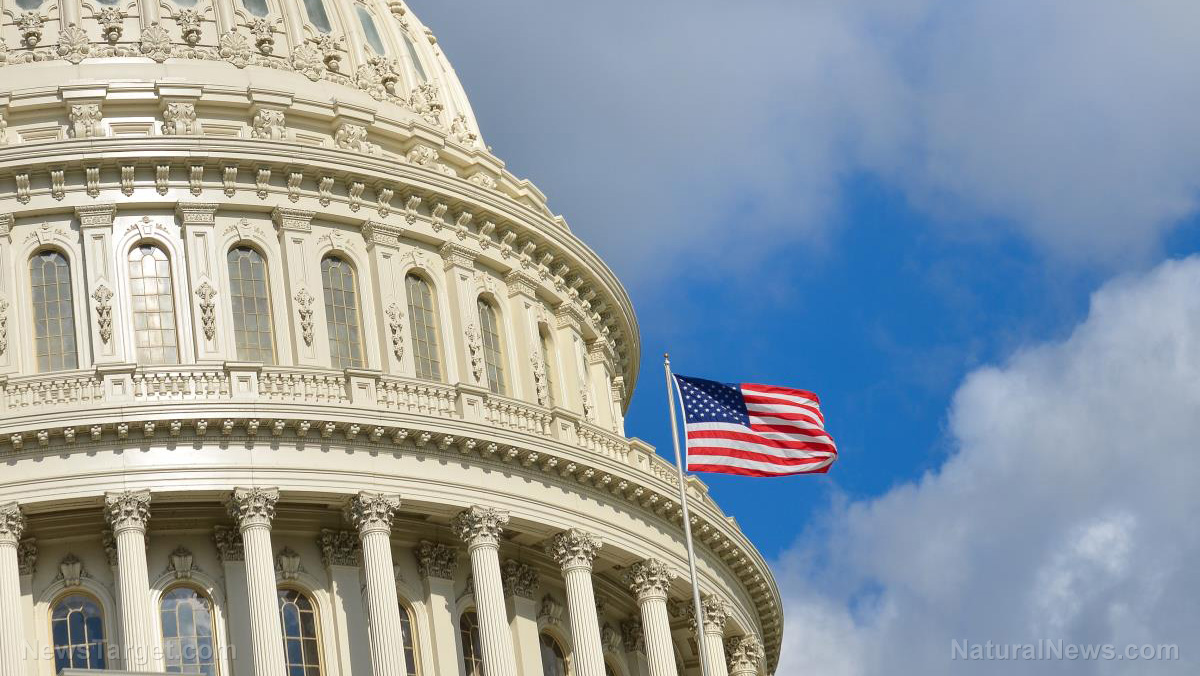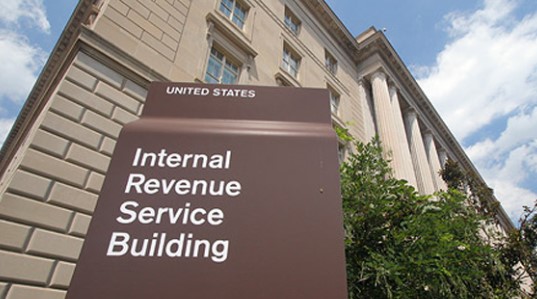"It Takes A Pillage": How Wall Street and Washington's GREED sparked the Great Recession
- Nomi Prins' "It Takes a Pillage" examines the 2008 financial crisis, focusing on systemic failures, financial greed and political collusion that led to the Great Recession.
- The crisis was attributed to risky loans, complex securities, deregulation (especially the repeal of the Glass-Steagall Act) and the housing bubble, which together created an unstable financial environment.
- Prins criticizes the government's bailout plans for favoring Big Finance, noting that executives and institutions responsible for the crisis played key roles in designing these rescue measures, perpetuating flawed systems.
- The total bailout cost reached $13.3 trillion by 2009, surpassing the cost of all major U.S. wars combined. However, a lack of transparency in the bailouts and the government's concealment of spending details until compelled by Congress highlighted further issues.
- Prins advocates for systemic reform, including downsizing and restructuring Wall Street, to prevent future crises and promote a more equitable financial system in the public interest.
In a compelling narrative that unravels the complexities of the 2008 financial crisis, journalist Nomi Prins' book, "
It Takes a Pillage: Behind the Bailouts, Bonuses and Backroom Deals from Washington to Wall Street," offers a critical look at the Great Recession and the global financial crisis that it caused.
The book sheds light on how systemic failures, financial greed and political collusion created a disaster that could have been avoided had the government not catered to the demands of Big Finance in the immediate aftermath of what Prins referred to as the "Second Great Bank Depression." Her book highlights the immense human and economic cost of the chaos that unfolded during this time.
Prins argues that the crisis, marked by
economic turmoil and millions of job losses, was not an inevitable occurrence but a man-made catastrophe. The collapse was facilitated by the intertwined interests of Wall Street and Washington, D.C., where regulatory bodies and policymakers like the White House, Congress, the
Department of the Treasury and the Federal Reserve all failed to curb the reckless financial practices of Big Finance. The book underscores how the same executives and institutions responsible for the crisis were instrumental in designing the bailouts, perpetuating the flawed system.
Central to Prins' analysis is the influence of financial titans like Goldman Sachs, which permeated political corridors, shaping policies that favored their interests. This cultural dominance was evident in former Secretary of the Treasury Timothy Geithner’s bailout plan, which incentivized banks to purchase risky assets with government funds, further entrenching the crisis. The efforts of the administration of former President Barack Obama were supposedly intended to stabilize the economy. However, all they did was reveal the deep-seated bias Washington has toward Big Finance, and its policies were wholly disconnected from the public and did little to benefit the American people.
The book delves into Wall Street's competitive culture, where bonuses symbolized power rather than performance, fostering a mindset that prioritized risk-taking over stability. Prins identifies six root causes of the crisis, including risky loans, complex securities, deregulation and the repeal of the Glass-Steagall Act. These factors, exacerbated by the housing bubble and complex financial instruments, set the stage for the crash.
The bailouts, while extensive, totaled $13.3 trillion by 2009, more than the cost of all major wars the United States ever participated in combined. Despite this unprecedented expenditure, systemic issues persisted, with banks continuing to accumulate bad loans. The lack of transparency in these bailouts was a glaring issue, as the
Treasury Department concealed its spending until pressured by Congress, revealing that it had paid banks too much – by about $78 billion, in fact.
Prins emphasizes the need for systemic reform, advocating for downsizing and restructuring Wall Street to prevent future crises. The book serves as a call to action, urging recognition of the flawed financial system and the collective effort required to rebuild it in the public interest.
Unless substantial reforms are passed, Wall Street will only continue to get bigger and bigger, while the American public will find new lows to sink to thanks to the inadequate regulations passed by the federal government.
"It Takes a Pillage" is a stark reminder of the perils of unchecked financial power and political collusion. It challenges readers to confront the systemic failures of 2008 and inspires advocacy for a more equitable financial framework, ensuring that such a disaster is prevented in the future.
EconomicRiot.com has more stories like this.
Watch this video discussing in detail Nomi Prins' fantastic book "It Takes a Pillage: Behind the Bailouts, Bonuses and Backroom Deals from Washington to Wall Street."
This video is from the
BrightLearn channel on Brighteon.com.
Sources include:
Brighteon.ai
Brighteon.com
 Parler
Parler Gab
Gab










